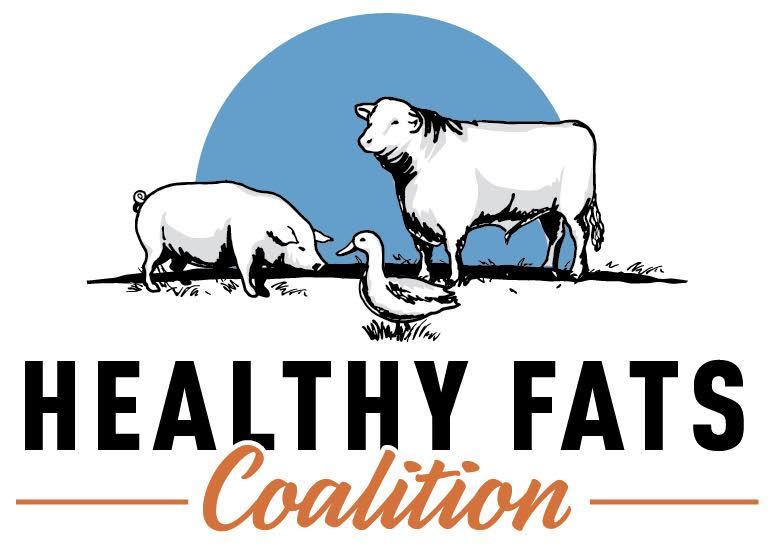This morning, as I do most days, I breakfasted on a three egg omelette cooked in coconut oil, with a whole milk coffee. I enjoyed a wedge of full fat cheese with my lunch, poured a liberal dose of olive oil on my evening salad and snacked on nuts throughout the day. In short, I ingested a fair amount of fat and, as a cardiologist who has treated thousands of people with heart disease, this may seem a particularly peculiar way to behave. Fat, after all, furs up our arteries and piles on the pounds – or at least that’s what prevailing medical and dietary advice has had us believe. As a result, most of us have spent years eschewing full fat foods for their ‘low fat’ equivalents, in the hope it will leave us fitter and healthier.
Yet I’m now convinced we have instead been doing untold damage: far from being the best thing for health or weight loss, a low fat diet is the opposite. In fact, I would go so far as to say the change in dietary advice in 1977 to restrict the amount of fat we were eating helped to fuel the obesity epidemic unfolding today. It’s a bold statement, but one I believe is upheld by an array of recent research.
These days I make a point of telling my patients – many of whom are coping with debilitating heart problems – to avoid anything bearing the label ‘low fat’. Better instead, I tell them, to embrace full fat dairy and other saturated fats within the context of a healthy eating plan. It’s an instruction that is sometimes greeted with open-mouthed astonishment, along with my request to steer clear of anything that promises to reduce cholesterol – another of those edicts we are told can promote optimum heart and artery health.
As we will see, the reality is far more nuanced: in some cases lowering cholesterol levels can actually increase cardiovascular death and mortality, while in healthy people over sixty a higher cholesterol is associated with a lower risk of mortality. Why, exactly, we will come to later.
First though, let me make it clear that until very recently, I too assumed that keeping fat to a minimum was the key to keeping healthy and trim. In fact, to say my diet revolved around carbohydrates is probably an understatement: sugared cereal, toast and orange juice for breakfast, a panini for lunch and pasta for dinner was not an uncommon daily menu. Good solid fuel, or so I thought, especially as I am a keen sportsman and runner. Still, I had a wedge of fat round my stomach which no amount of football and running seemed to shift.

